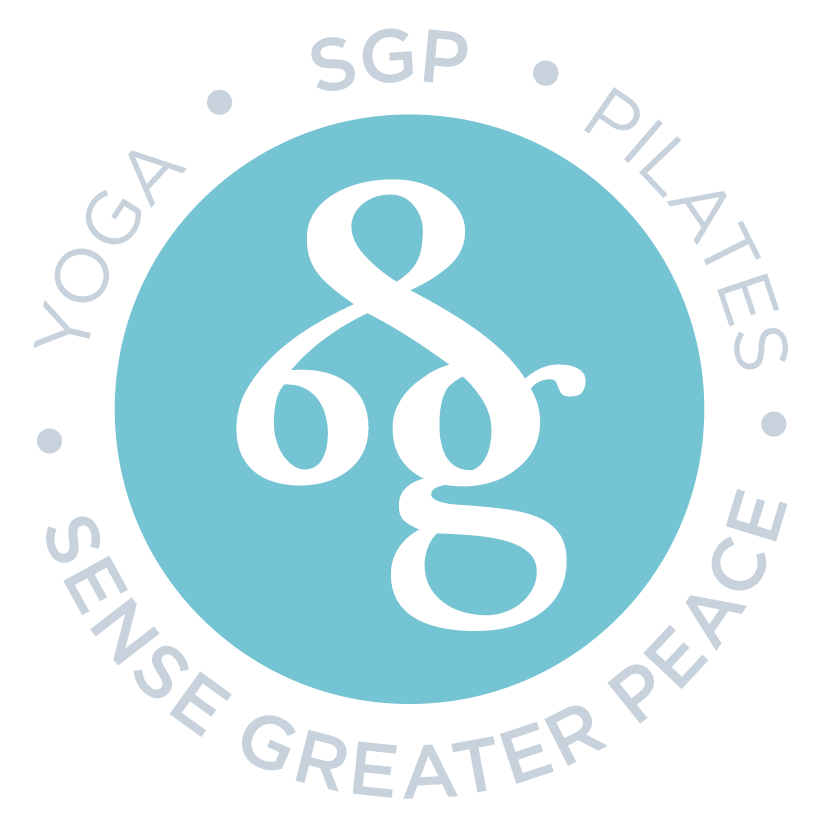The Power of Sleep: Unlocking the Secrets of Restorative Rest and the Role of Yoga
Sleep, often underestimated, is a vital pillar of health and well-being. In our fast-paced, constantly connected world, it's easy to neglect the importance of quality sleep, but doing so may have significant consequences.
In this blog, we will explore the importance of sleep, the sleep cycles, tips for winding down, and how yoga can contribute to a better night's sleep.
The Importance of Sleep
Sleep is essential for numerous aspects of our physical and mental health. It allows our bodies to recover, supports our immune system, and plays a crucial role in learning and memory consolidation. Lack of quality sleep can result in poor decision-making, decreased cognitive function, and a higher risk of chronic illnesses such as obesity, diabetes, and cardiovascular disease. Furthermore, sleep deprivation can lead to mood swings, anxiety, and depression.
Understanding Sleep Cycles
Sleep consists of multiple cycles, each lasting about 90 minutes. These cycles can be divided into two main phases: Non-Rapid Eye Movement (NREM) sleep and Rapid Eye Movement (REM) sleep.
NREM Sleep: This phase has three stages.
Stage 1: A light sleep stage that lasts only a few minutes, during which your body and brain activity start to slow down.
Stage 2: A deeper sleep stage, characterized by a further decrease in body temperature, heart rate, and brain activity.
Stage 3: The deepest stage of sleep, also known as slow-wave sleep, is when the body experiences tissue growth, repair, and restoration.
REM Sleep: This phase occurs after completing the NREM stages and is when most dreaming occurs. REM sleep is crucial for emotional regulation and memory consolidation.
Tips for Winding Down and Better Sleep
Create a sleep-friendly environment: Keep your bedroom cool, dark, and quiet. Invest in a comfortable mattress and pillows, and minimize exposure to electronic devices before bedtime.
Establish a bedtime routine: Engaging in relaxing activities such as reading, taking a warm bath, or practicing gentle stretches can signal your body that it's time to sleep.
Limit caffeine and alcohol intake: Consuming these substances close to bedtime can disrupt your sleep patterns.
Prioritize physical activity: Regular exercise can help improve sleep quality, but try to avoid vigorous workouts close to bedtime.
Try a sleep meditation ( I have listed a few below, you may wish to try)
The Role of Yoga in Promoting Restful Sleep
Yoga is an ancient practice that can help calm the mind and relax the body, making it an excellent tool for improving sleep quality. Here's how yoga can contribute to better sleep:
Reducing stress and anxiety: Yoga helps activate the parasympathetic nervous system, which promotes relaxation and reduces stress hormones.
Enhancing mindfulness: Practicing yoga encourages mindfulness, which can help you become more aware of your body's needs and identify any sleep-disrupting habits.
Improving physical relaxation: Gentle yoga poses and stretches can help release muscle tension, making it easier to fall asleep and stay asleep.
Incorporating a gentle yoga practice into your evening routine can be an effective way to unwind and prepare your body and mind for restorative sleep. Poses such as Legs-Up-The-Wall, Child's Pose, and Forward Fold can be especially helpful in promoting relaxation and sleep readiness.
You may wish to try my one of my many sleep meditations on insight timer
Sleep, nothing to do just rest.
Love Sue xx

